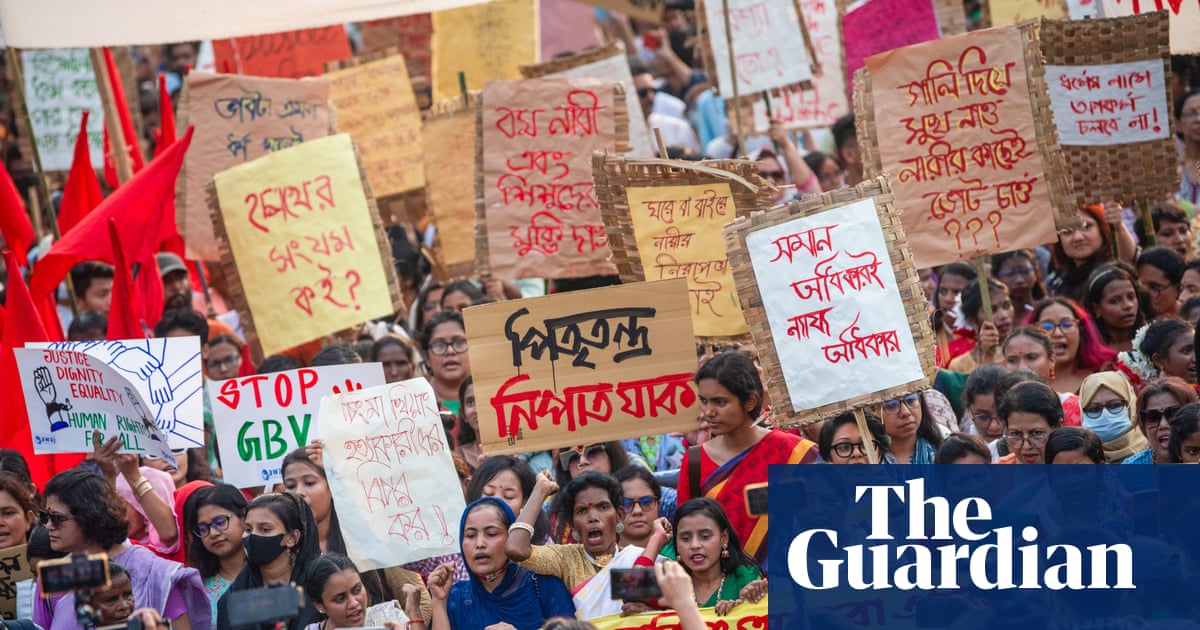
"Umama Fatema described the pivotal role women played in the uprising by stating, 'Without women, none of it would have been possible.' Their involvement transformed a student-led movement into a people's revolution."
"Despite their crucial contributions, Umama expressed concern about the fracturing of the movement, noting, 'the atmosphere became so toxic that women's voices began to be sidelined, with focus shifting to personal political aspirations rather than collective issues.'"
"The uprisings raised significant topics around governance, accountability, and women's rights. Fatema emphasized that these issues remain largely unresolved, leading to a waning optimism among the participants."
"In the aftermath of the political shift, many women felt disregarded. The Women's March for Solidarity saw thousands demanding that the government enact changes to enhance women's rights and safety, indicating ongoing struggles."
On 5 August 2024, Sheikh Hasina resigned as Bangladesh's prime minister due to a student uprising with significant female participation. Women led marches against police and military forces, becoming symbols of a transformative revolution. Although an interim government under Muhammad Yunus has been established for stabilization, many women feel unheard. The Women's March for Solidarity was held, emphasizing demands for women's rights and safety. Activist Umama Fatema highlighted that the revolution's success relied on women's involvement but noted that unresolved issues and toxic political atmospheres have fractured the movement and reduced optimism.
Read at www.theguardian.com
Unable to calculate read time
Collection
[
|
...
]